Van Aken Kato Polyclay Sets
Starting At: $4.51
From Price $4.51
A polymer clay developed with an artist for artists!
Kato Polyclay is an easy-to-use polymer clay that bakes in ten minutes to become a robust and sturdy material. You can mix Kato colors to create unique shades with ease once the clay has warmed up in your hand. Create beads for jewelry or sculpt figurines then bake in your household oven at 300 degrees Fahrenheit. Once cooked, the clay can be further improved by sanding and buffing. Kato Polyclays have color stability, uniform consistency, and excellent cured strength. More durable than other poly clays, objects made with Kato Polyclay become permanent works of art that will resist cracking and decay over time. Its smooth texture allows for detailed results for all types of craft, including sculpture, jewelry, home decor, and model making.
- Created in partnership with artist Donna Kato
- Highly-pigmented non-sticky formula
- Oven-hardening clay
- Strong and durable
- All colors are mixable
- When sliced, it will maintain its shape
- Keeps its shape and color after baking
- Made in Georgia, USA
- Certified non-toxic
- Conforms to ASTM D-4236
- Sulfur-free, paraben-free, latex-free
- Free of nuts, dairy, gluten, soy, corn, GMOs, pollen, nickel, lead, and VOCs *DO NOT EAT*
- Creating figurines
- Making jewelry
- Custom color mixing
- Letting your creative juices run wild
- Sculpting character studies
- School projects
- Model making
- Teachers and students
- DIY up-cycling furniture
- Polymer caning-techniques
- Bake between 275F (135C) and 325F (165C) for 10-30 minutes
Click Tabs For More
- LPP Lowest Price - This item is already at the Best Lowest Price Possible and no further discounts or coupons can be applied.
- Closeout Items marked with a Closeout icon are on sale at even deeper discounts off list prices. Closeout items are available on a first-come, first-served basis, and only while supplies last. All sales are final, and returns cannot be accepted. Items marked with a Closeout icon are on sale at even deeper discounts off list prices. Closeout items are available on a first-come, first-served basis, and only while supplies last. All sales are final, and returns cannot be accepted.
A polymer clay developed with an artist for artists!
Kato Polyclay is an easy-to-use polymer clay that bakes in ten minutes to become a robust and sturdy material. You can mix Kato colors to create unique shades with ease once the clay has warmed up in your hand. Create beads for jewelry or sculpt figurines then bake in your household oven at 300 degrees Fahrenheit. Once cooked, the clay can be further improved by sanding and buffing. Kato Polyclays have color stability, uniform consistency, and excellent cured strength. More durable than other poly clays, objects made with Kato Polyclay become permanent works of art that will resist cracking and decay over time. Its smooth texture allows for detailed results for all types of craft, including sculpture, jewelry, home decor, and model making.
- Created in partnership with artist Donna Kato
- Highly-pigmented non-sticky formula
- Oven-hardening clay
- Strong and durable
- All colors are mixable
- When sliced, it will maintain its shape
- Keeps its shape and color after baking
- Made in Georgia, USA
- Certified non-toxic
- Conforms to ASTM D-4236
- Sulfur-free, paraben-free, latex-free
- Free of nuts, dairy, gluten, soy, corn, GMOs, pollen, nickel, lead, and VOCs *DO NOT EAT*
- Creating figurines
- Making jewelry
- Custom color mixing
- Letting your creative juices run wild
- Sculpting character studies
- School projects
- Model making
- Teachers and students
- DIY up-cycling
- Polymer caning-techniques
- Bake between 275F (135C) and 325F (165C) for 10-30 minutes
Polymer clay pieces may be cured in a standard oven or in a toaster oven. When curing compositions, it is recommended that you test the temperature of your oven (especially when using a toaster oven) with an oven thermometer. To do this, place the thermometer into the oven in the approximate location where you will be curing your piece; wait for the thermostat to adjust then adjust the temperature of your oven accordingly until the appropriate temperature is achieved.
Kato Polyclay should be cured at about 300°F (150°C); however, it can be cured within the range of 275°F (135°C) and 325°F (165°C). It has been approved to be cured at 350°F (175°C). You should never exceed a temperature of 365°F (185°C) when curing Kato Polyclay. When cured at elevated temperatures, Kato Polyclay will become harder and more durable and have an increased surface gloss.
For optimal strength, it is recommended that you cure your piece for 30 minutes. Curing Kato Polyclay for more extended periods will yield similar results as curing it at elevated temperatures; however, it is not recommended that you cure it for longer than the recommended time.
Some projects may require that you cure a piece multiple times. For example, after adding an uncured piece of clay or another medium to it. When you create a project like this, it is a good idea to cure the piece in shorter increments of time. For example, if you were baking a piece three different times, it’s recommended that you cure the piece for 10 minutes the first two times and 30 minutes for the final curing this will save you time and ensure that your piece is permanent.







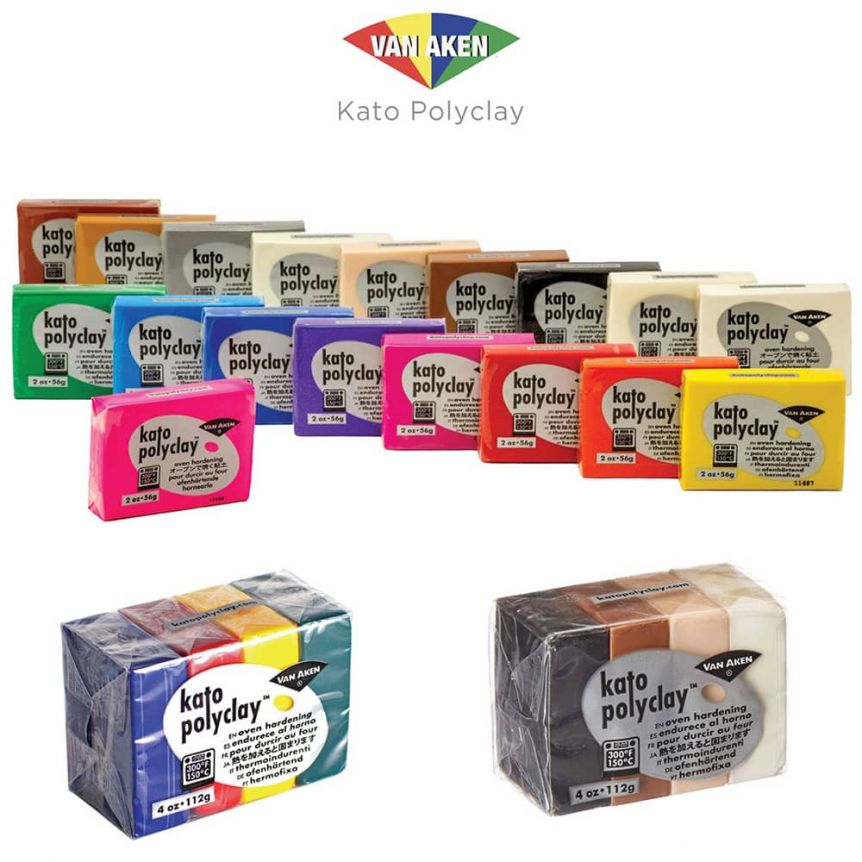



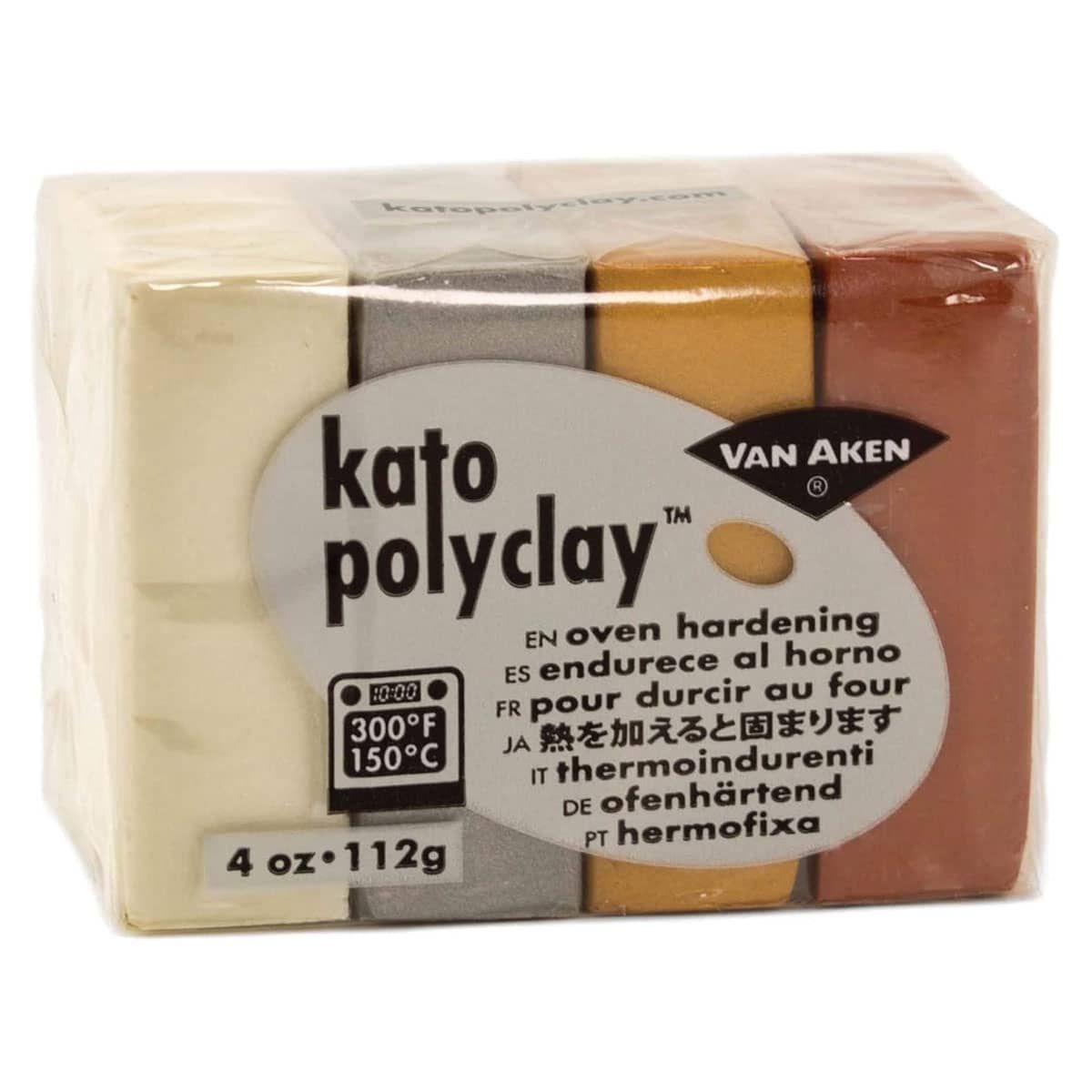
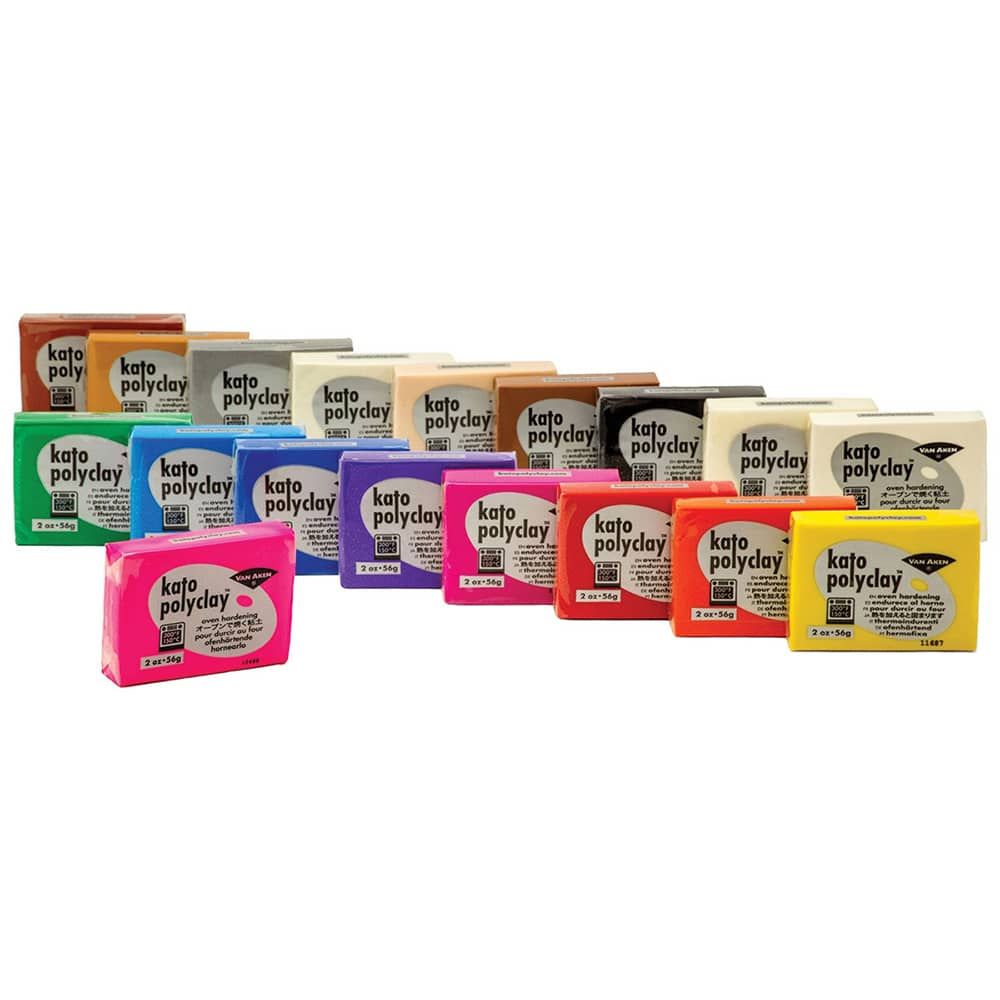
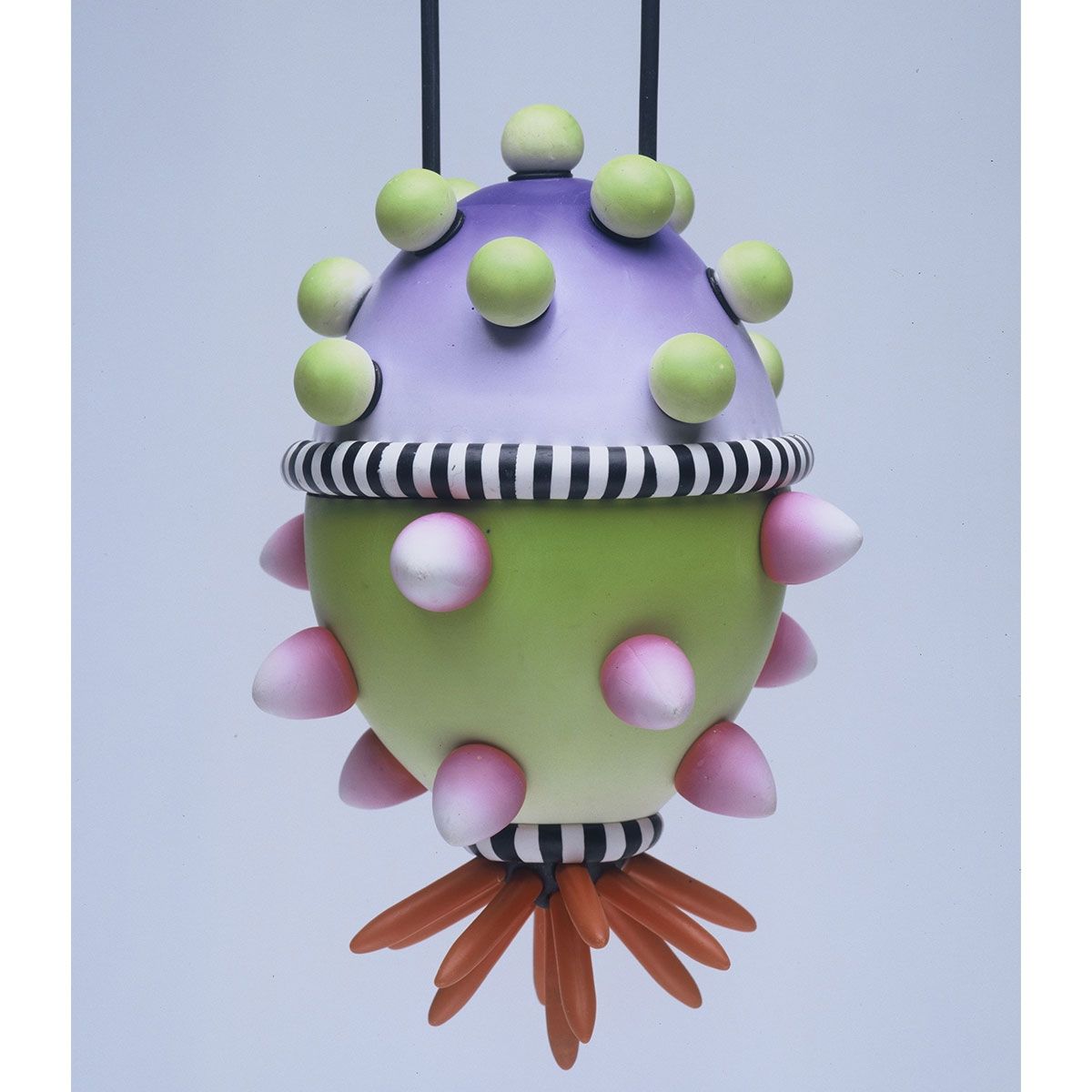
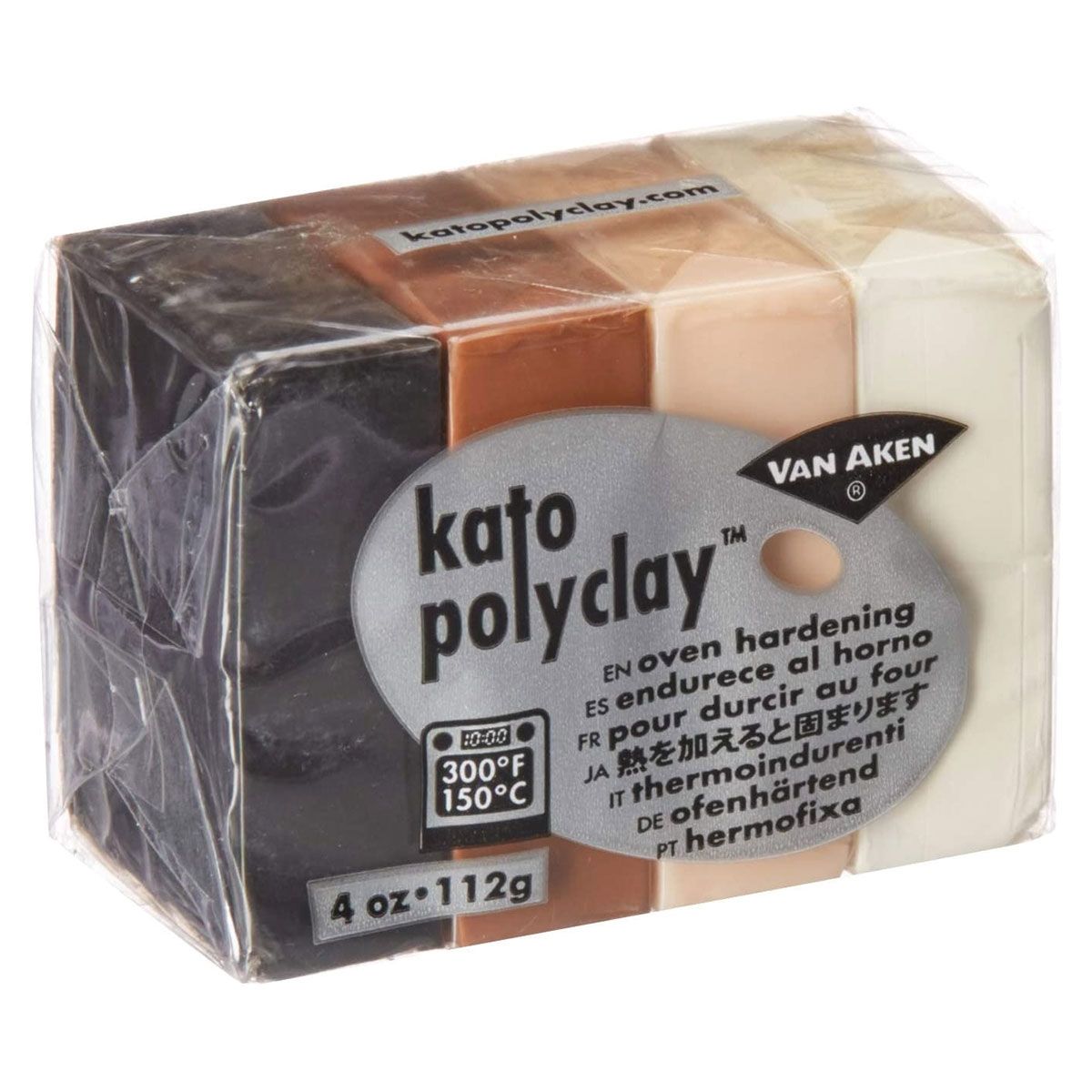
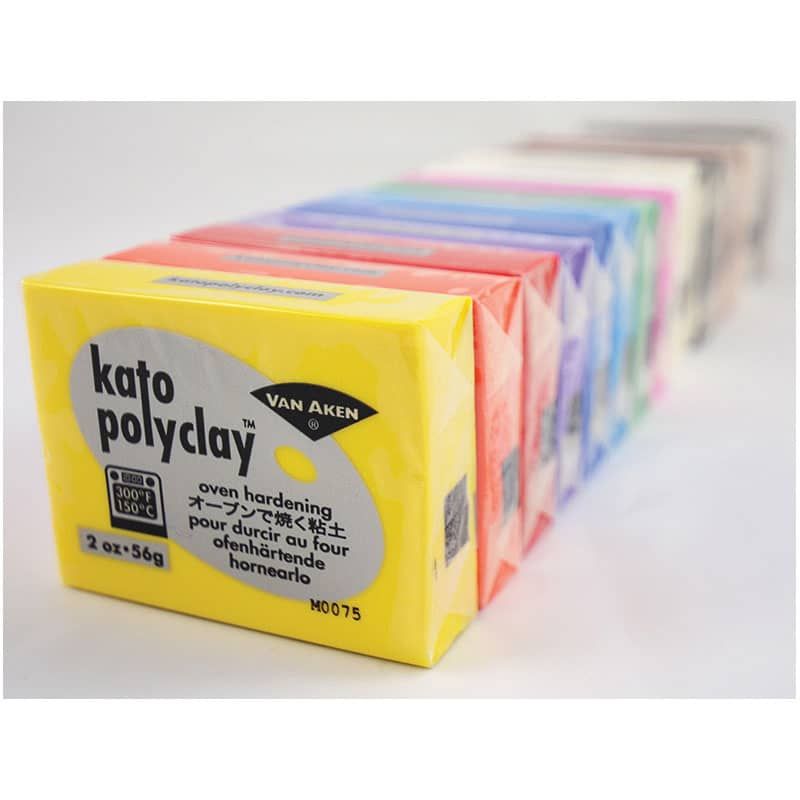
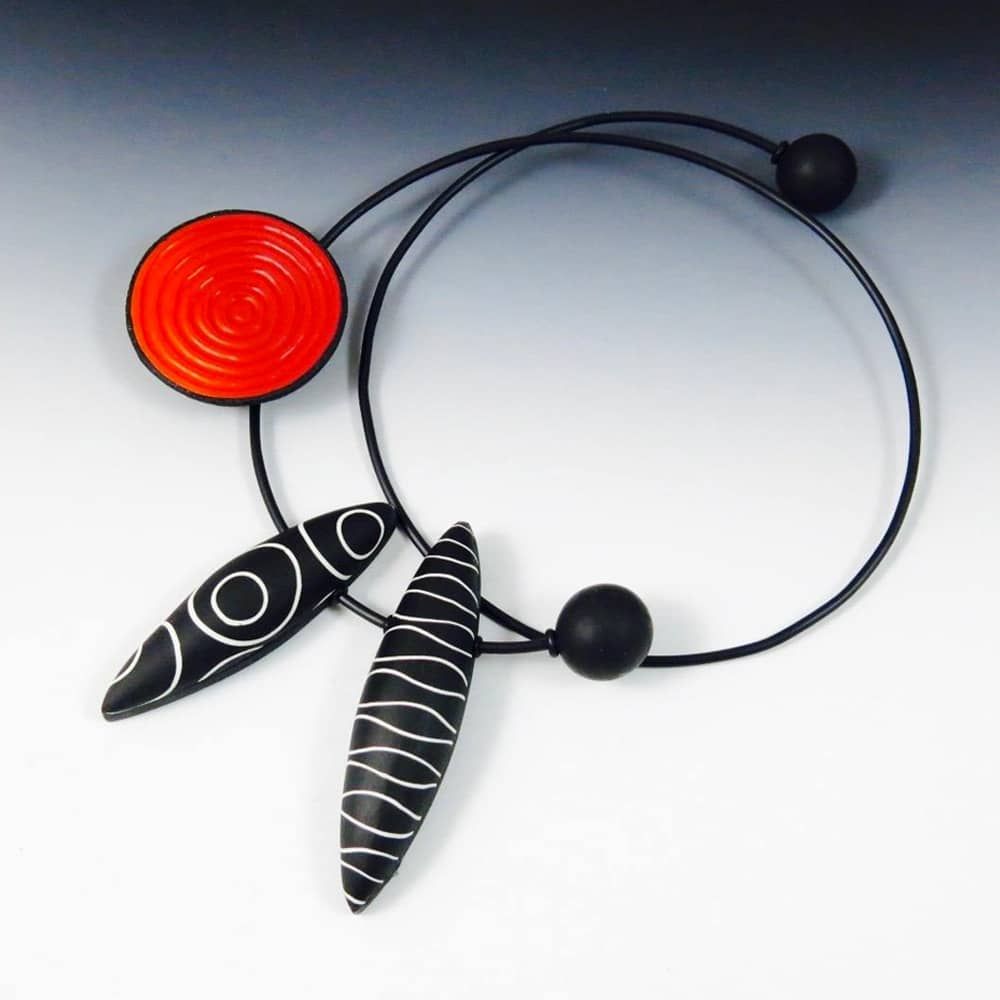
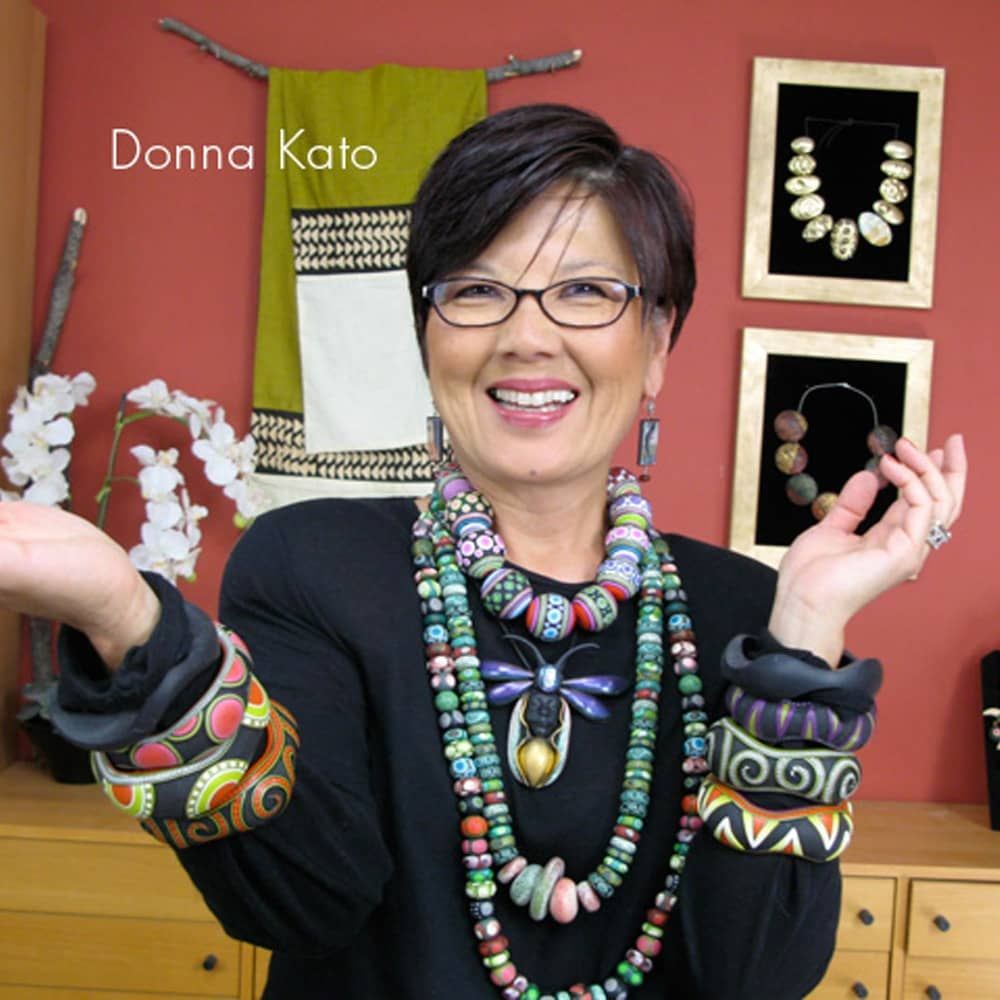
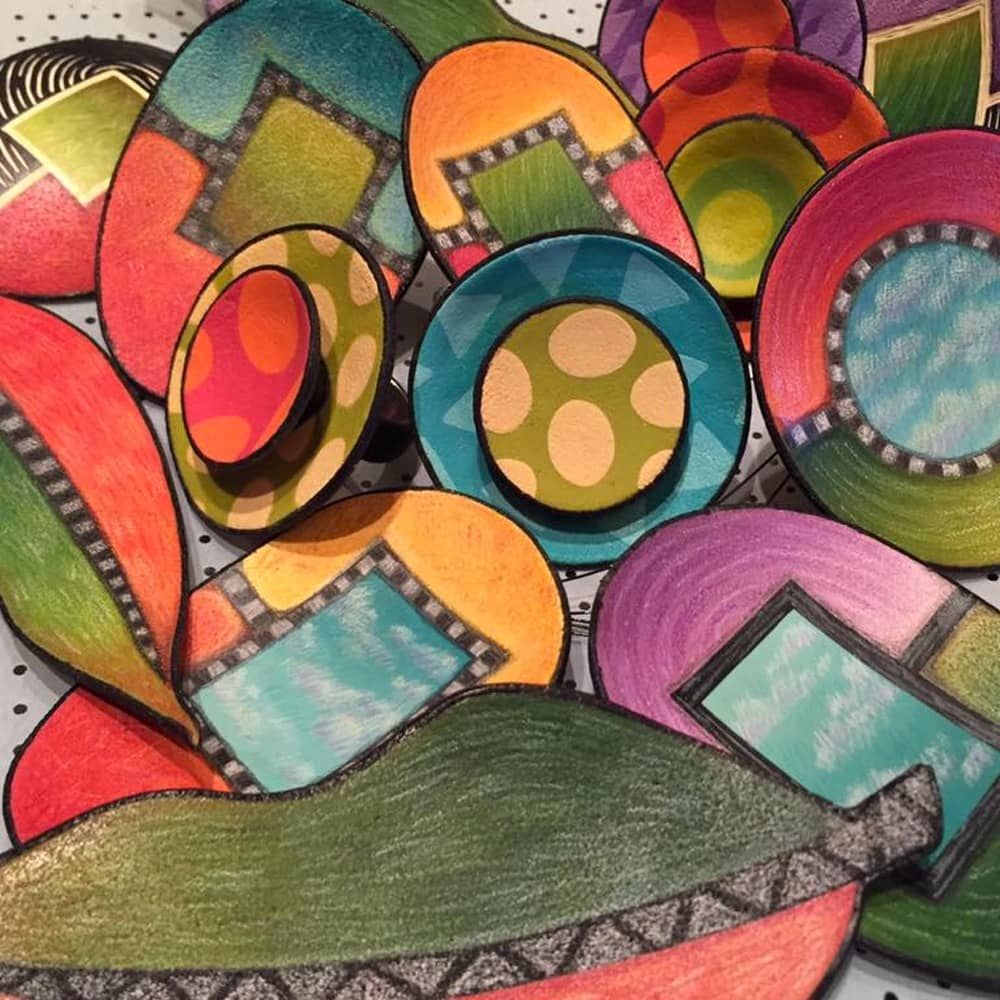









Login and Registration Form
Customer Login
Already a customer ? Sign in now for the best experience!
* indicates a required field